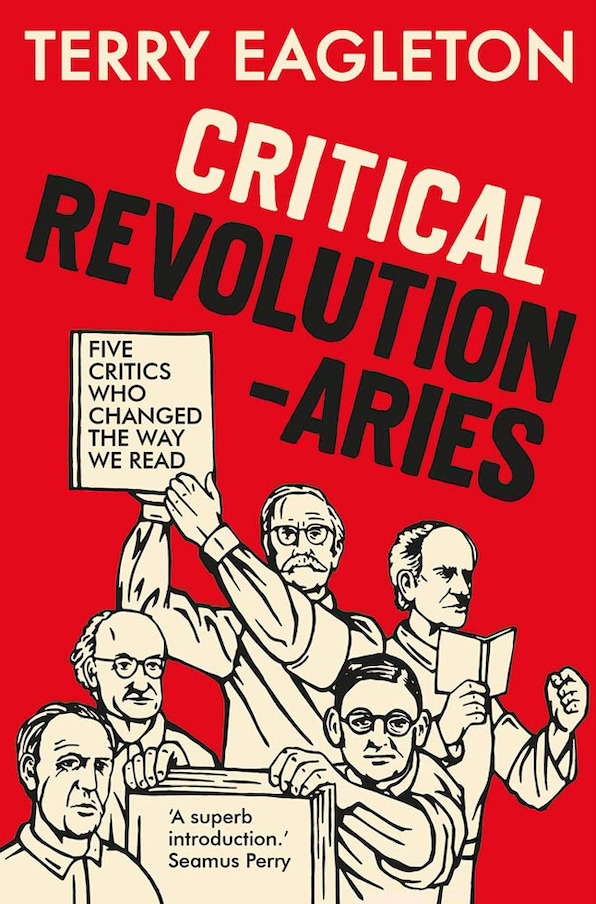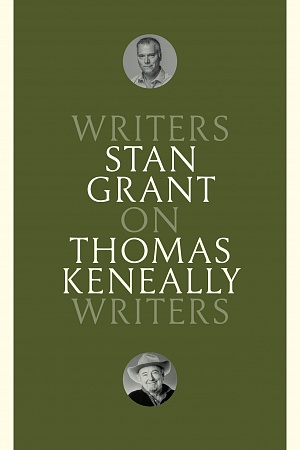Critical Revolutionaries: Five critics who changed the way we read
Yale University Press, US$20 hb, 288 pp
A so-called ‘critical revolution’
For generations of English literature graduates in the Anglophone world, Terry Eagleton’s name has become synonymous with literary theory, not because he has been its leading practitioner or fiercest advocate, but because he published Literary Theory: An introduction in 1983. This widely assigned primer conceals a deep ambivalence behind its innocuous title: in his conclusion, Eagleton announces that the book has been ‘less an introduction than an obituary’, in the sense that ‘literary theory’, like literature itself, only pretends to name a bounded field of enquiry. Nonetheless, the enterprise of theory rumbled on largely untroubled for two decades (who knows how many of the undergraduates assigned the book made it to the conclusion), and so After Theory (2003) was much less demure: ‘The golden age of cultural theory is long past,’ Eagleton announces on page one. In the preface to the same work he remarks, with disarming bluntness, that theory’s contemporary orthodoxy fails to ‘address itself to questions searching enough to meet the demands of our political situation’.
Continue reading for only $10 per month. Subscribe and gain full access to Australian Book Review. Already a subscriber? Sign in. If you need assistance, feel free to contact us.












Leave a comment
If you are an ABR subscriber, you will need to sign in to post a comment.
If you have forgotten your sign in details, or if you receive an error message when trying to submit your comment, please email your comment (and the name of the article to which it relates) to ABR Comments. We will review your comment and, subject to approval, we will post it under your name.
Please note that all comments must be approved by ABR and comply with our Terms & Conditions.